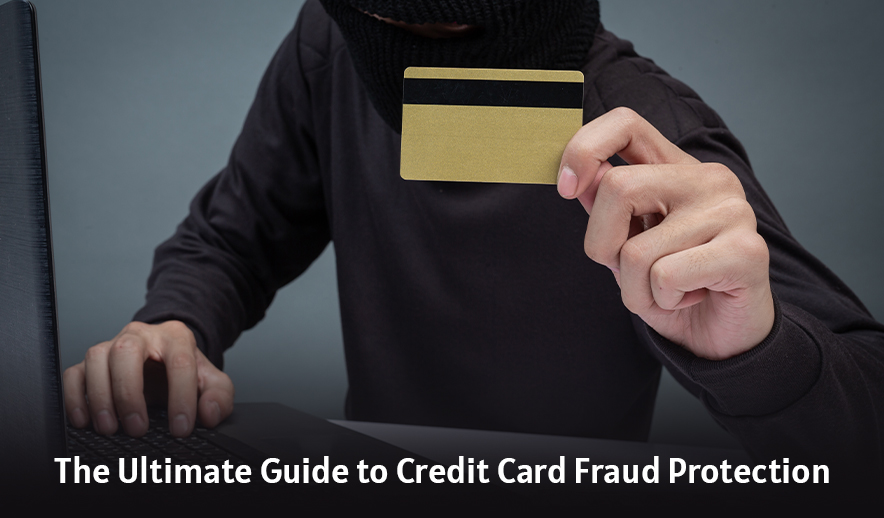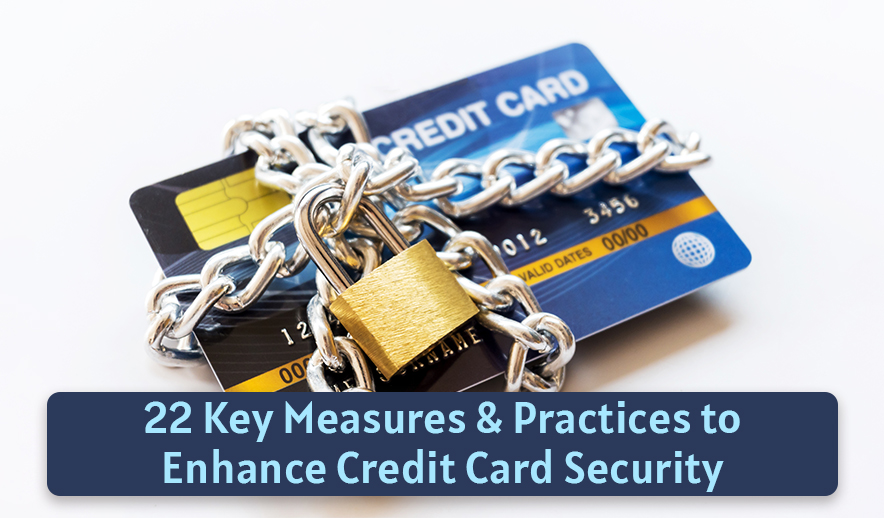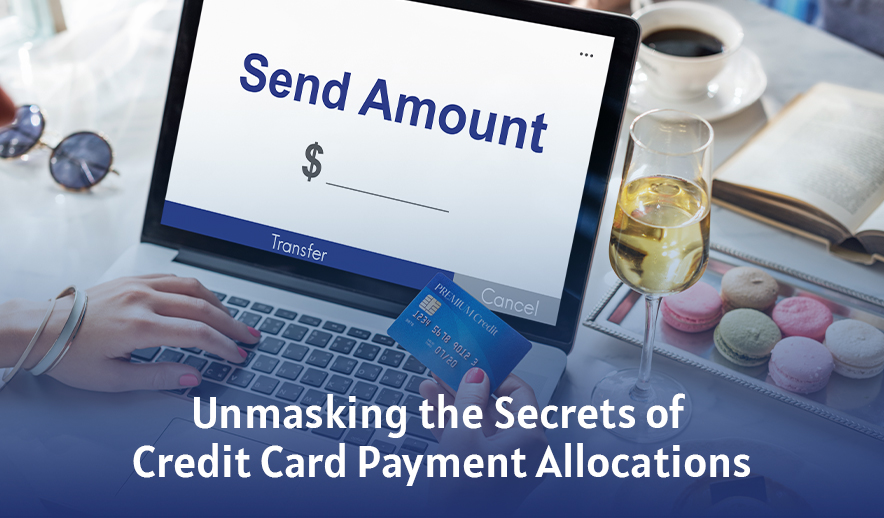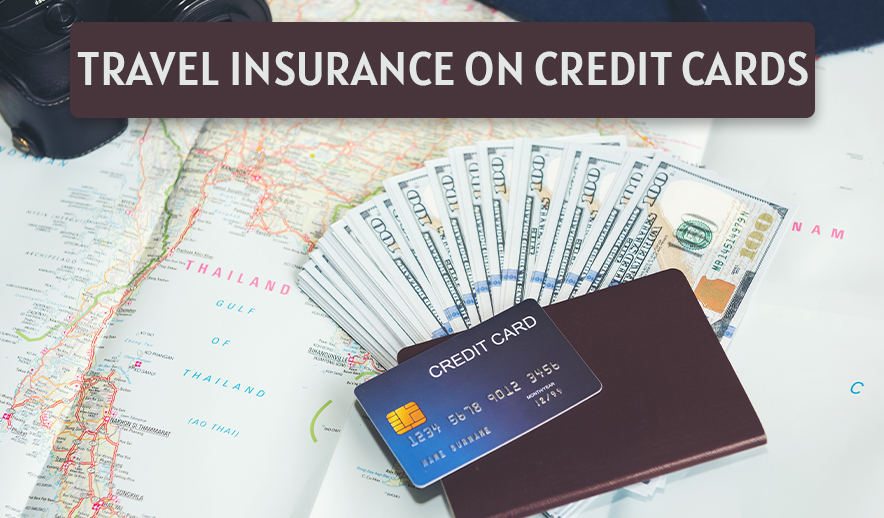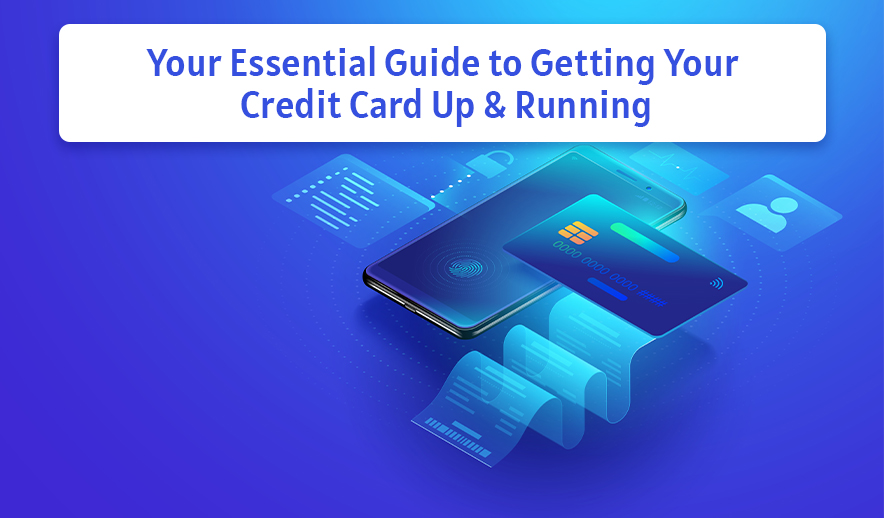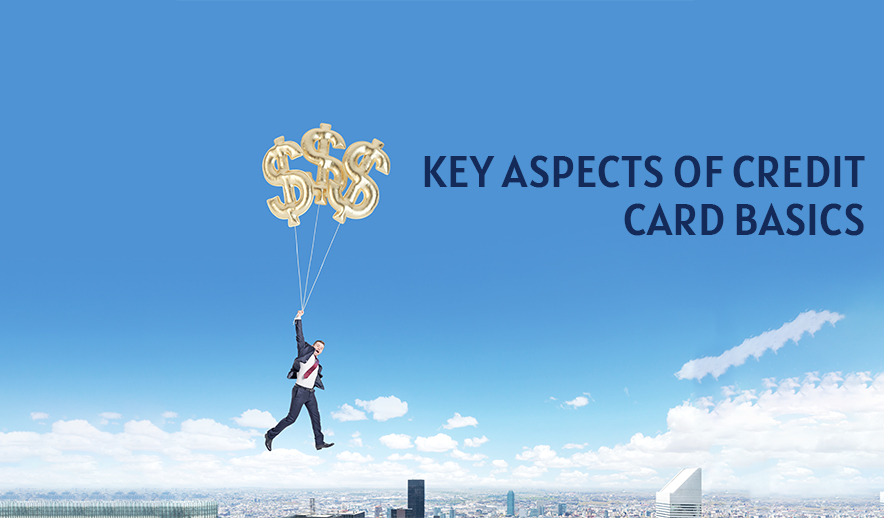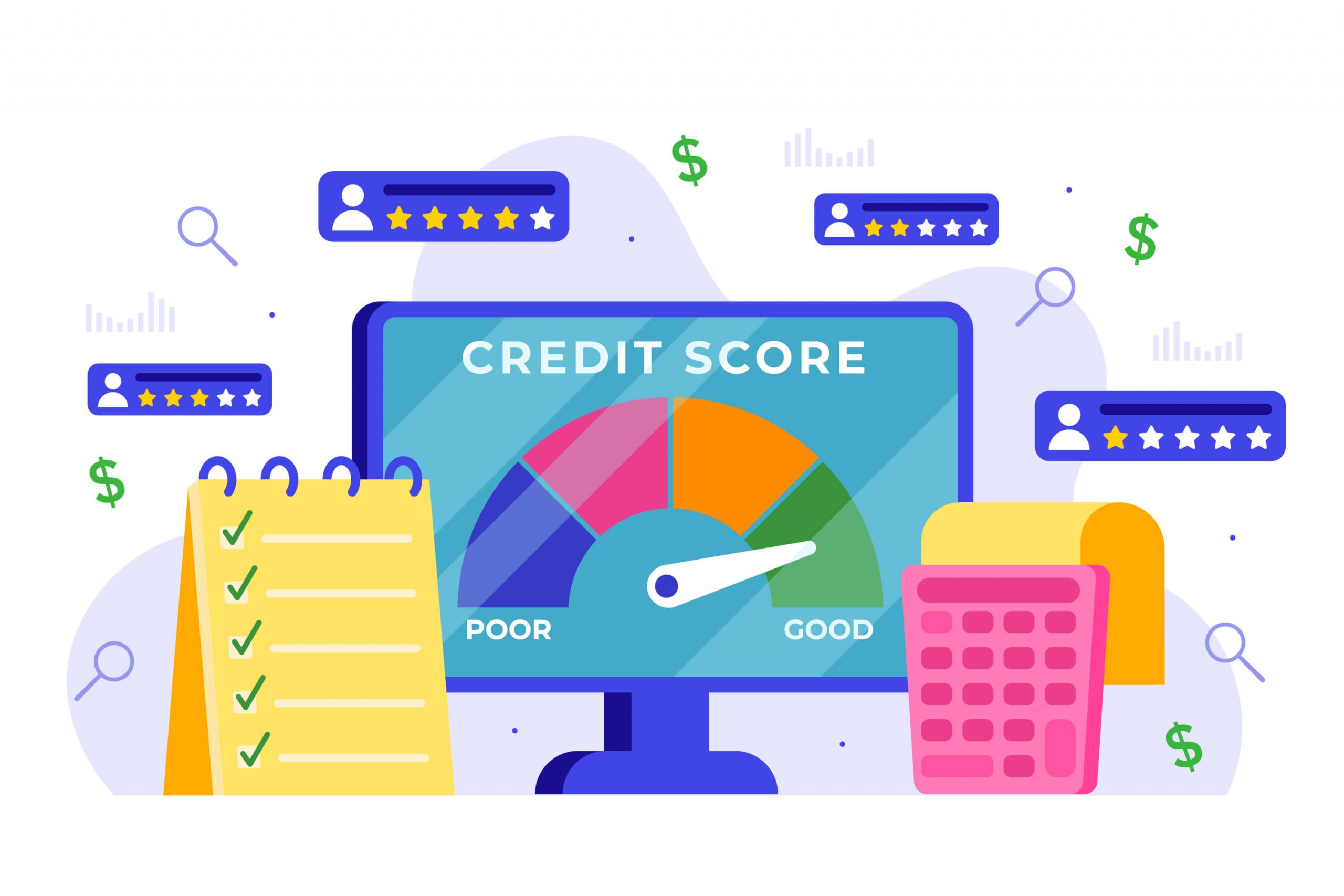Credit card fraud protection is an important aspect of credit card usage in the UAE. Banks and financial institutions in the UAE take various measures to safeguard their customers against fraudulent activities. Here’s some information about credit card fraud protection in the UAE:
Fraud Monitoring Systems: Banks in the UAE employ sophisticated fraud monitoring systems that use algorithms and machine learning to detect unusual or suspicious card activity. These systems can identify patterns and behaviors that deviate from the norm, helping to detect and prevent fraudulent transactions.
SMS and Email Notifications: Many banks in the UAE send real-time SMS or email notifications to their cardholders for every transaction made with their credit cards. These notifications provide details of the transaction amount, merchant name, and location, allowing cardholders to quickly identify any unauthorized activity.
EMV Chip Technology: Most credit cards in the UAE are equipped with EMV (Europay, Mastercard, and Visa) chip technology. These chips store encrypted data and provide an added layer of security compared to traditional magnetic stripe cards. EMV chips make it more difficult for fraudsters to clone or counterfeit cards.
Secure Online Transactions: Banks in the UAE often provide additional security measures for online transactions. This may include two-factor authentication, One-Time Passwords (OTP), or Verified by Visa/Mastercard SecureCode systems, which require cardholders to authenticate their identity before completing an online purchase.
Card Blocking and Hotline Support: In the event of a lost or stolen card, banks in the UAE typically offer 24/7 hotline support for customers to report the incident and request immediate card blocking. Quick reporting minimizes the risk of unauthorized transactions and reduces potential losses.
| Banks | Within UAE | Calling from Outside UAE |
| ADCB | 600 50 2030 | 97126210090 |
| FAB | 600 52 5500 | |
| ADIB | 600543216 / 800200( Priority Banking)/whatsapp +971 600 543216 | |
| ENBD | 600540000 | |
| Citibank | 971 4 311 4272/ 971 4 311 4653 (Citigold) | |
| Mashreq | 800-2278 | 971 4 4246620 |
| Rakbank | 9714 2130000 | 9717 2064444 |
| SCB | 600 5222 88 | 971 600 5222 88 |
| HSBC | 600 55 4722 | 97142288007 |
| DIB | 971 4 609 2222 | |
| EI | 600 599 995 | 971600599995 |
Liability Protection: In the UAE, credit cardholders are protected by liability limits for unauthorized transactions. If a cardholder reports fraudulent activity promptly, they are generally not held liable for fraudulent charges made on their credit card.
Enhanced Security Features: Banks in the UAE continuously update their credit card designs with enhanced security features to deter fraudsters. These may include holograms, signature panels, unique card designs, and other physical features that make counterfeiting more difficult.
Regular Account Monitoring: Cardholders are advised to regularly review their credit card statements and transaction history. Promptly reporting any suspicious or unauthorized charges to the bank can help resolve issues and prevent further fraud.
It’s important for credit cardholders in the UAE to be vigilant, protect their card information, and promptly report any suspected fraudulent activity to their bank. Additionally, it’s advisable to follow best practices such as keeping card details secure, not sharing PINs or passwords, and being cautious while using credit cards online or at point-of-sale terminals.

